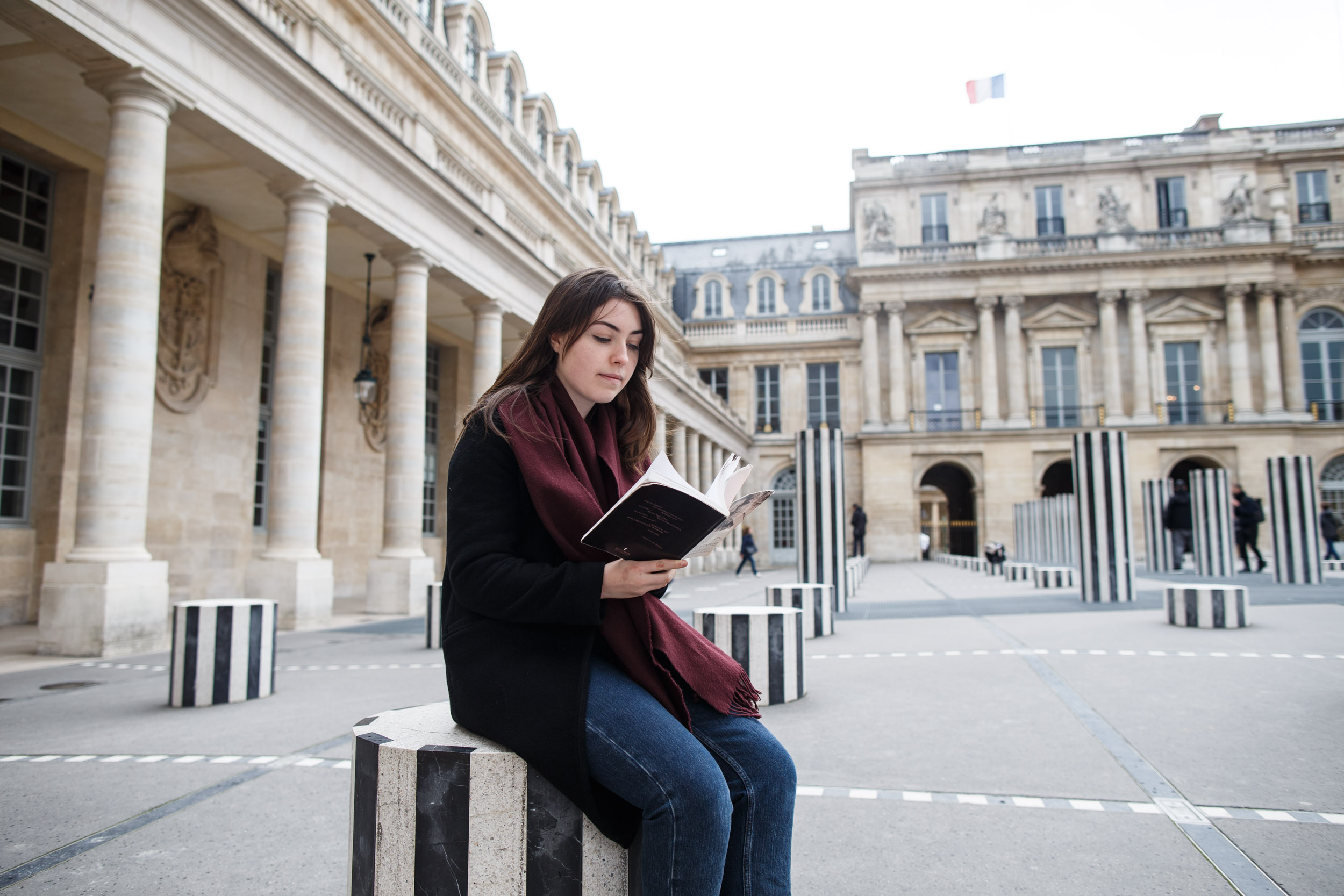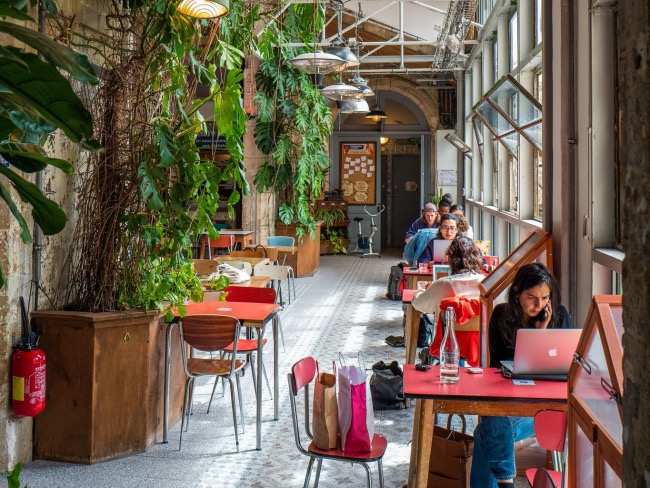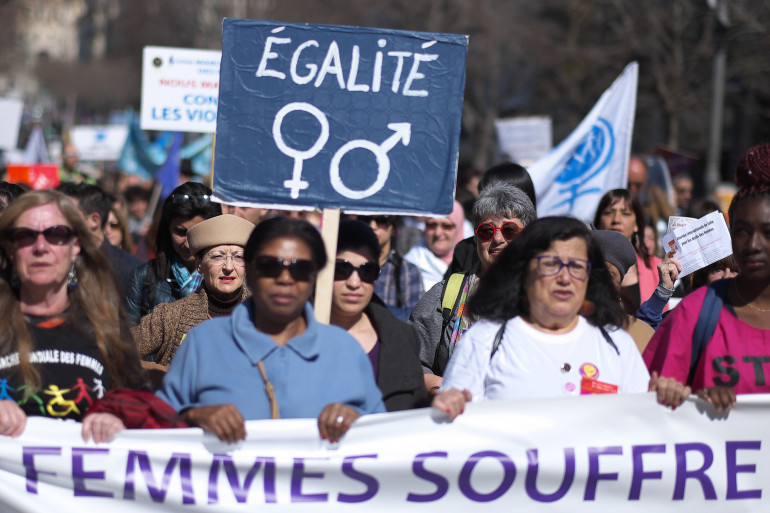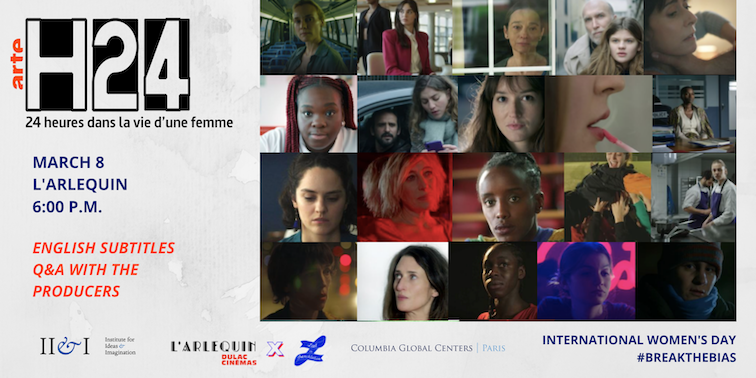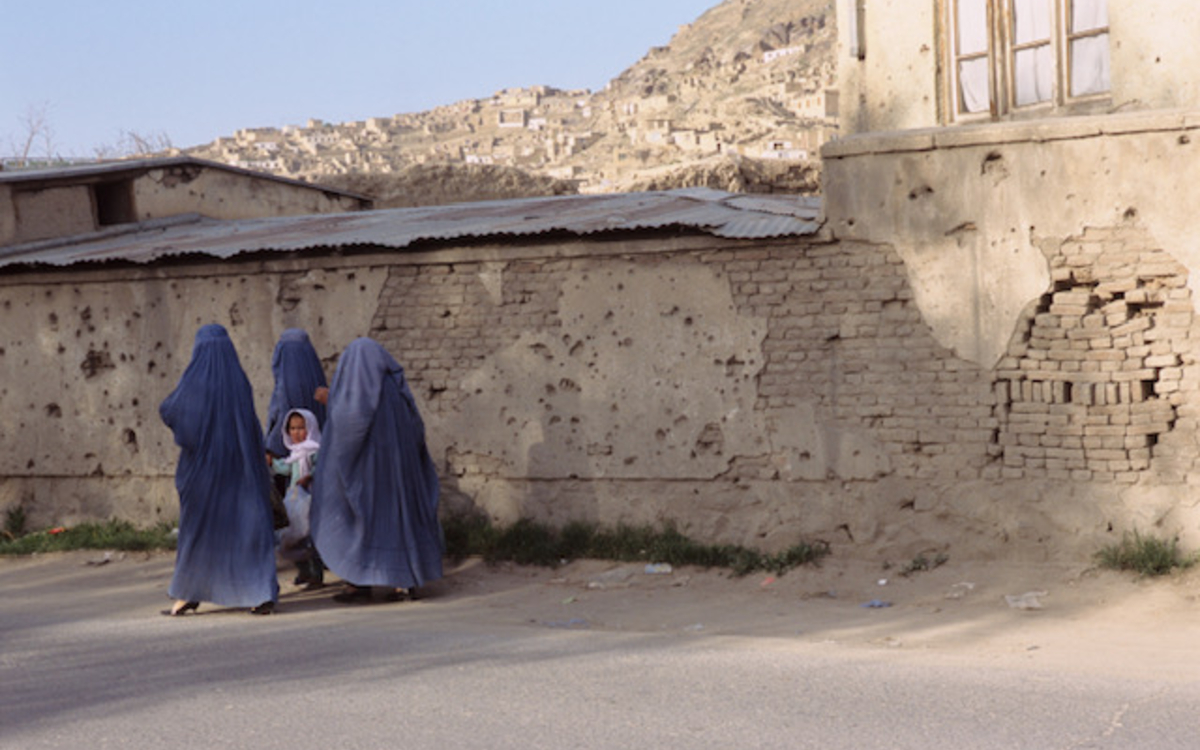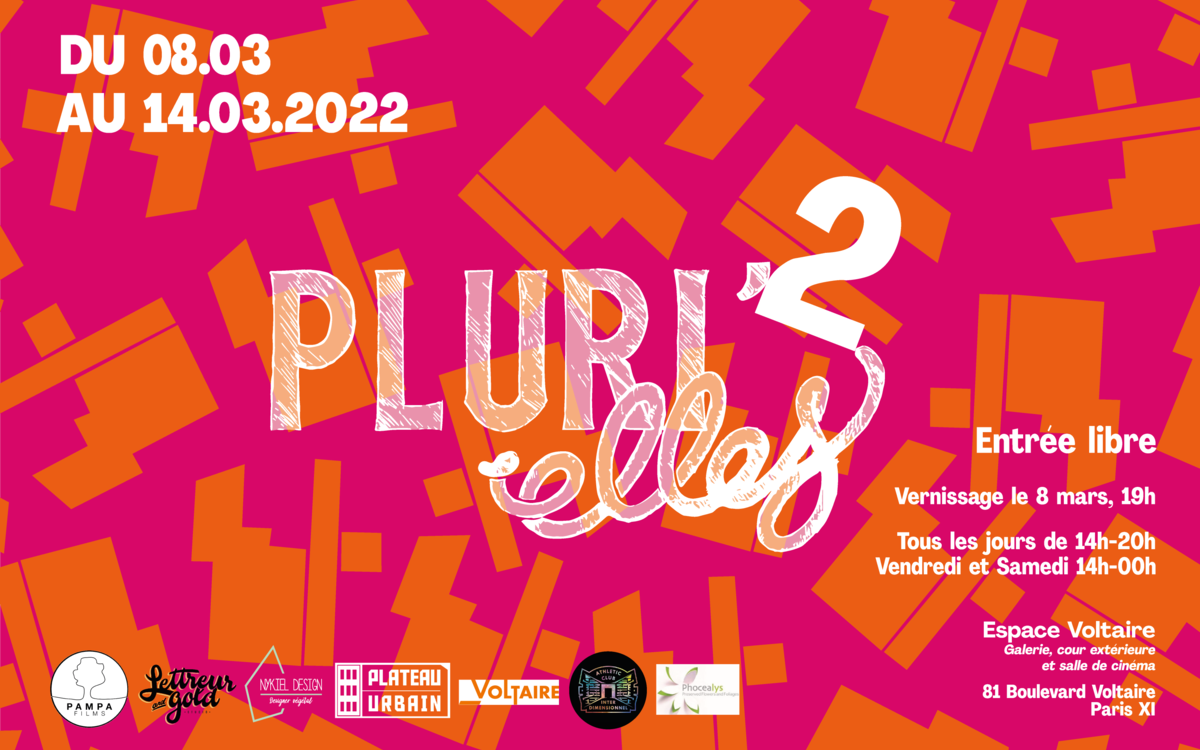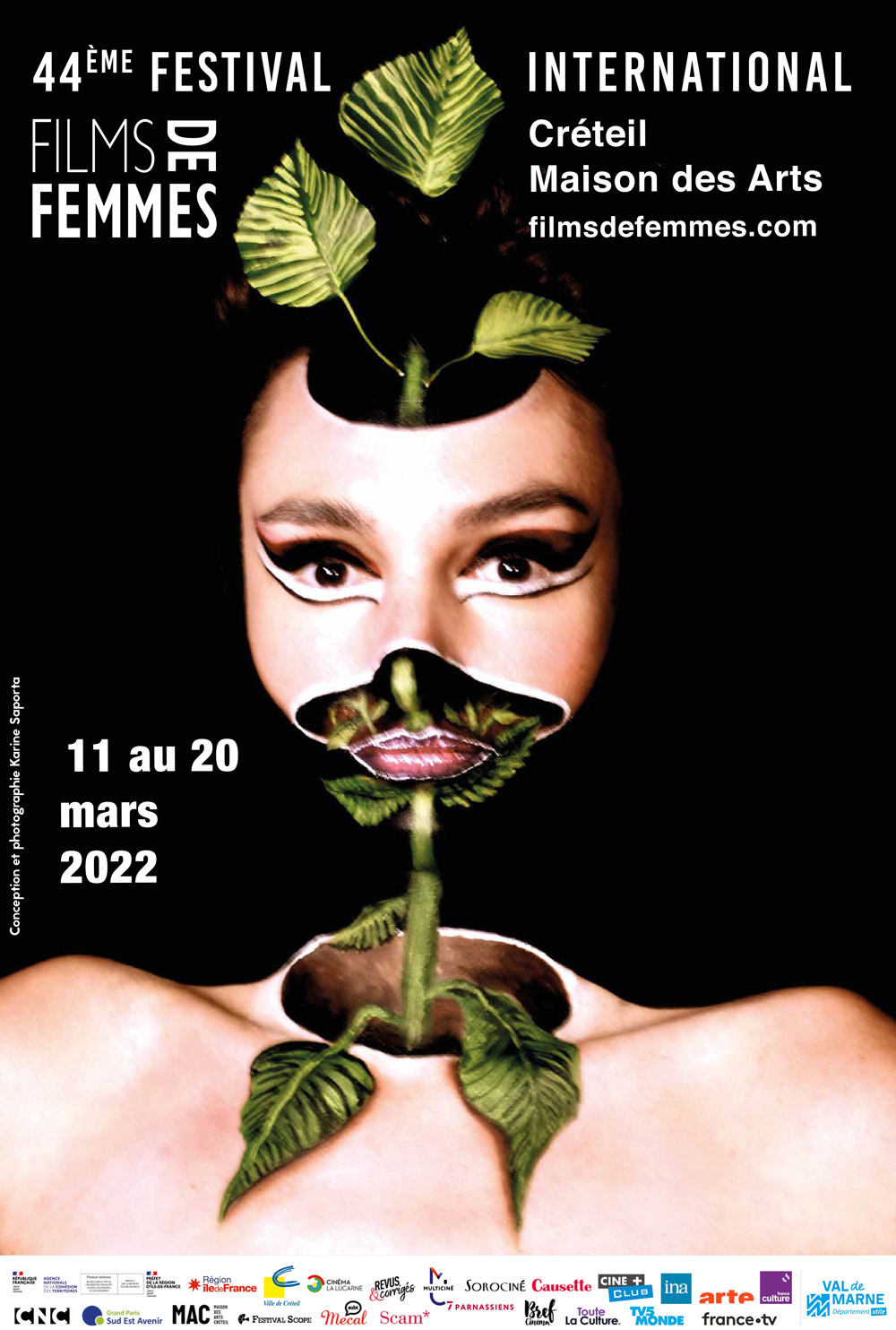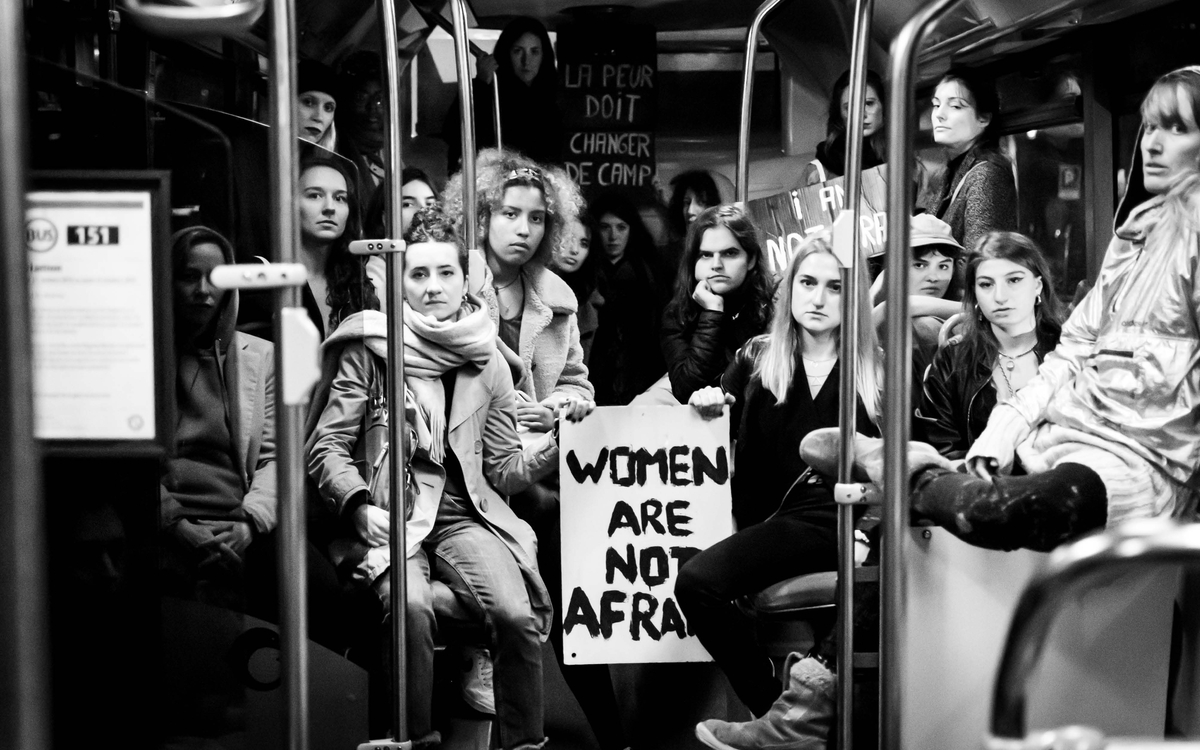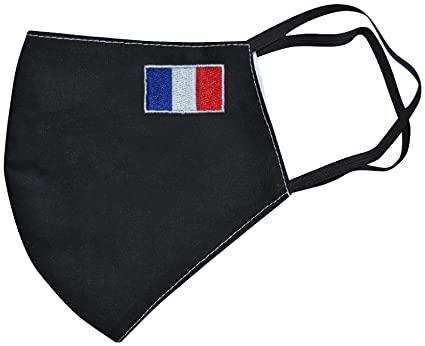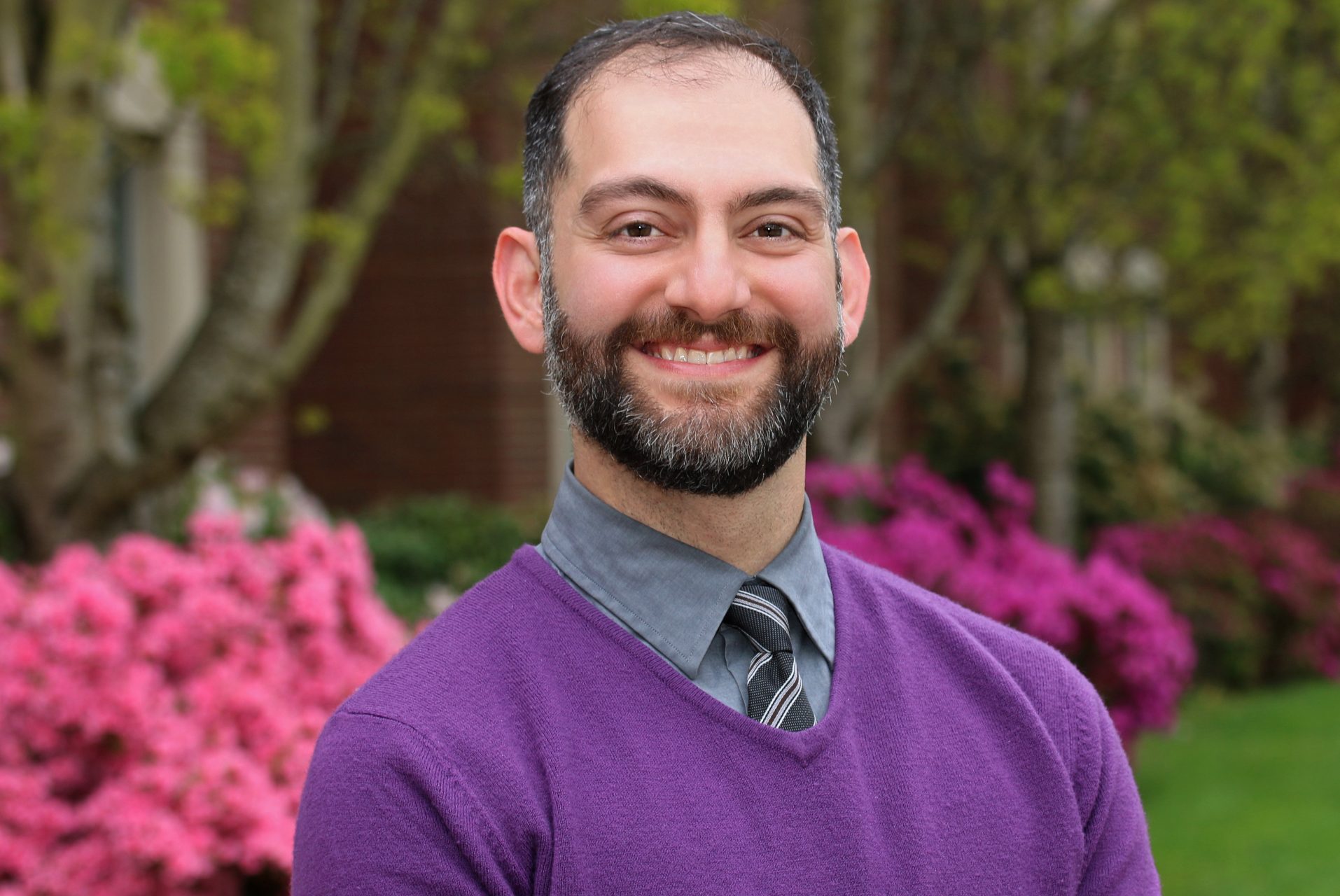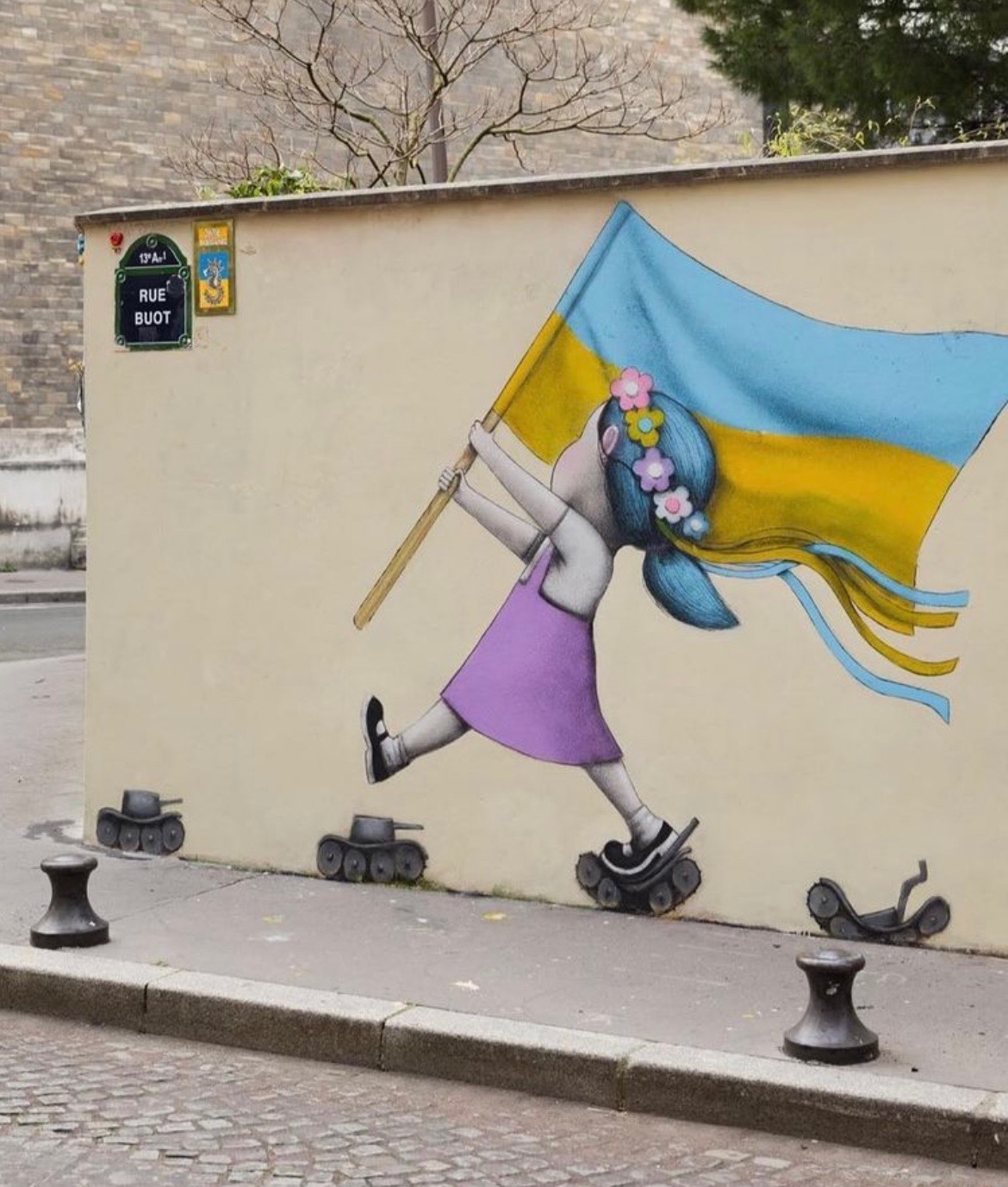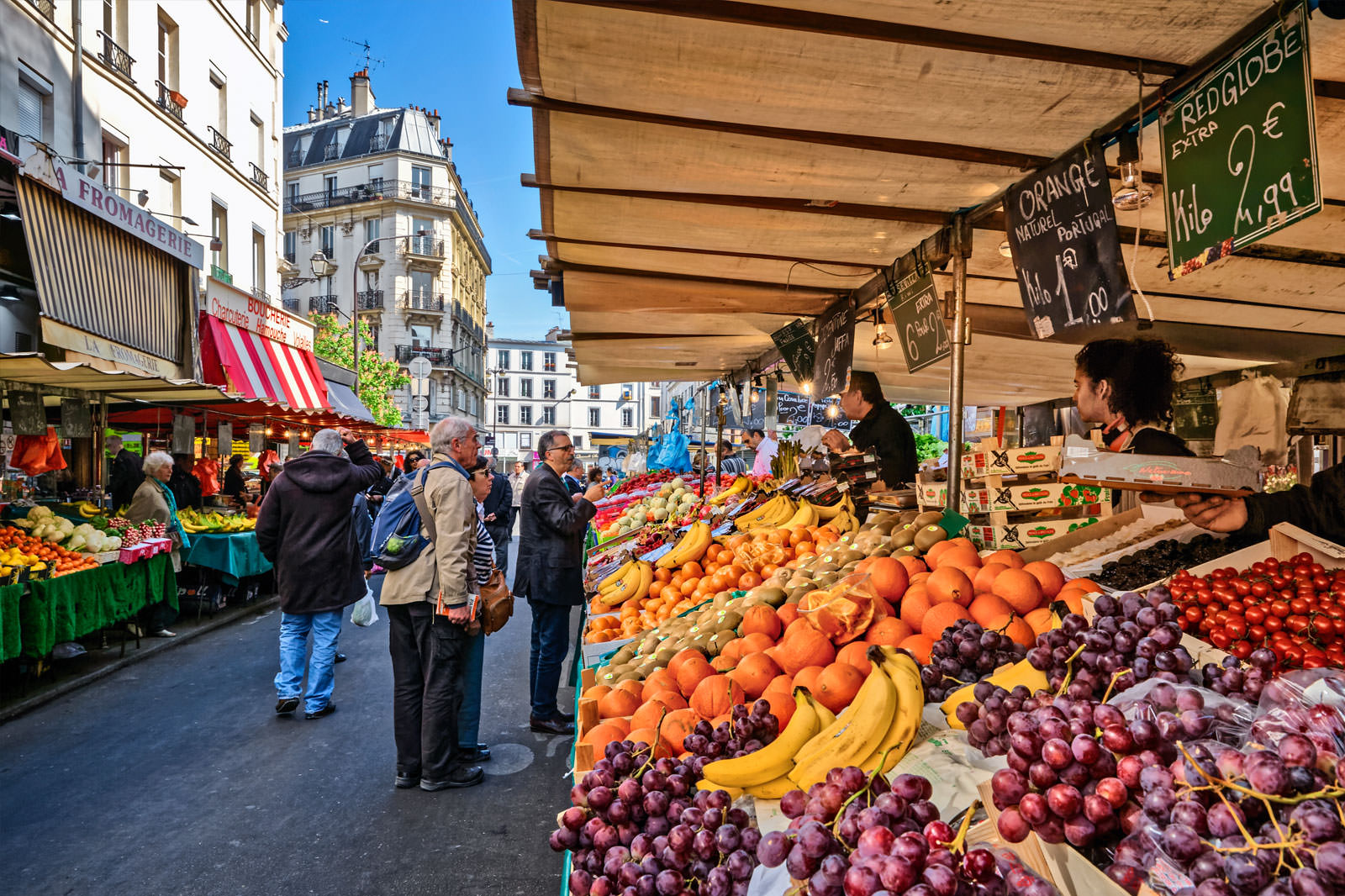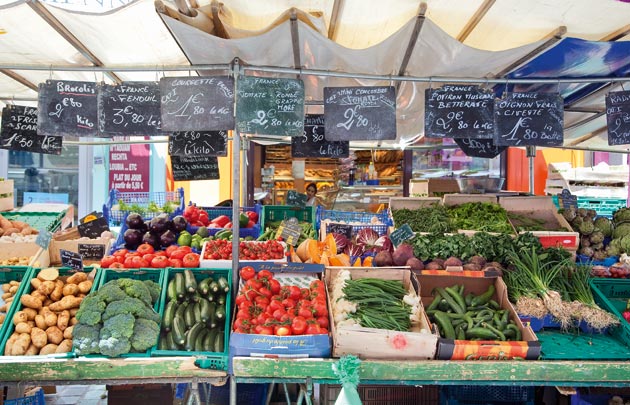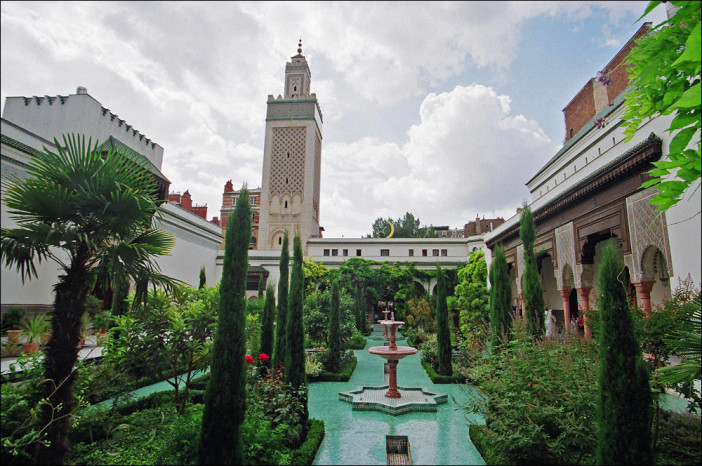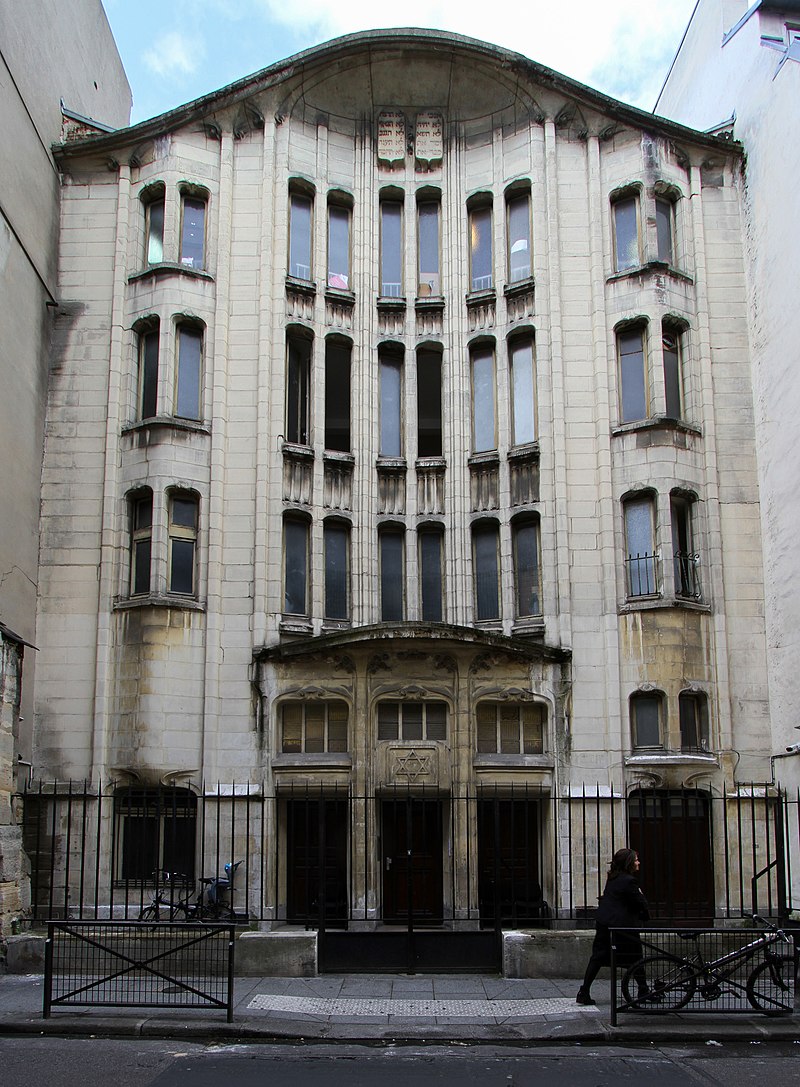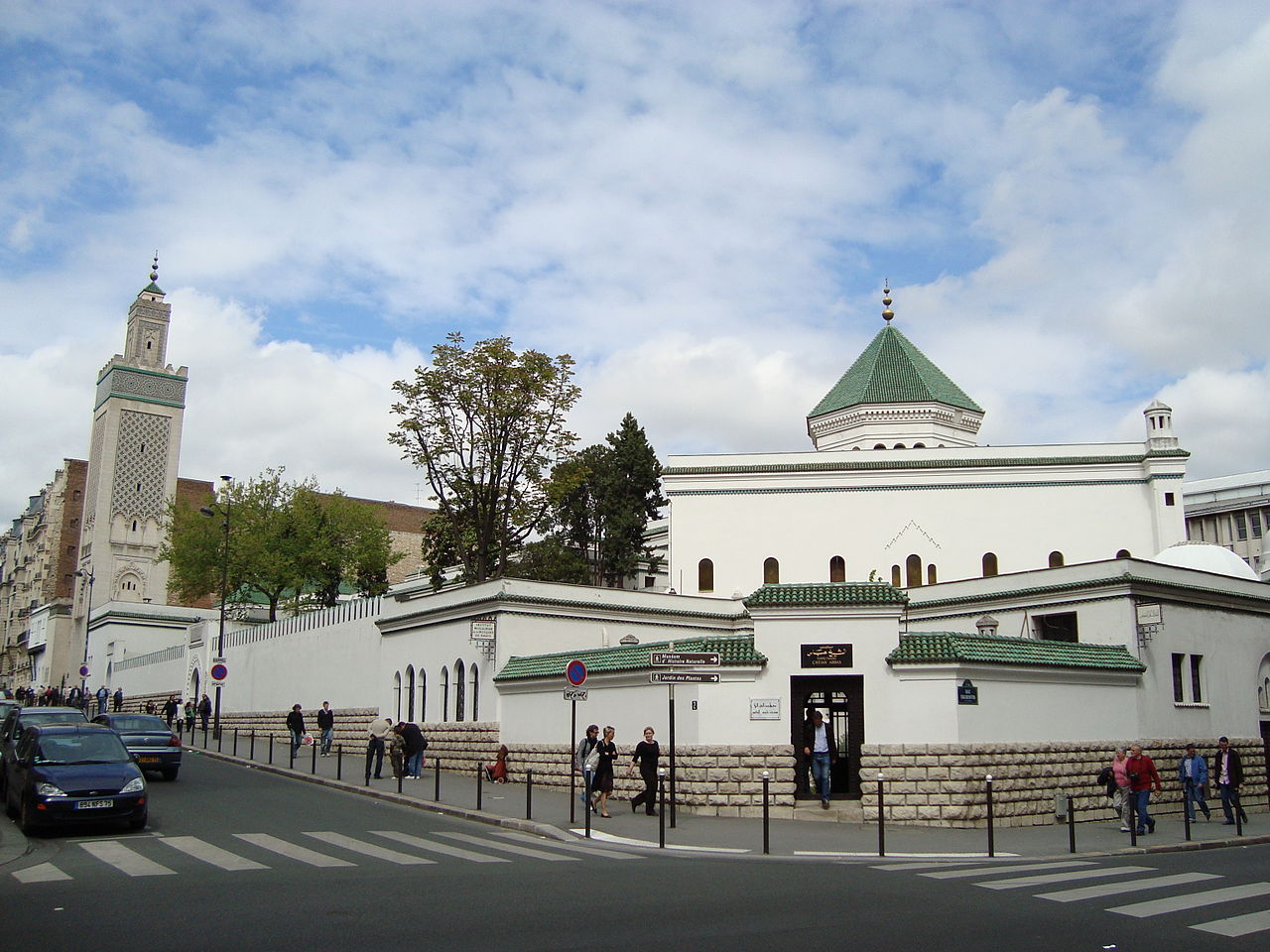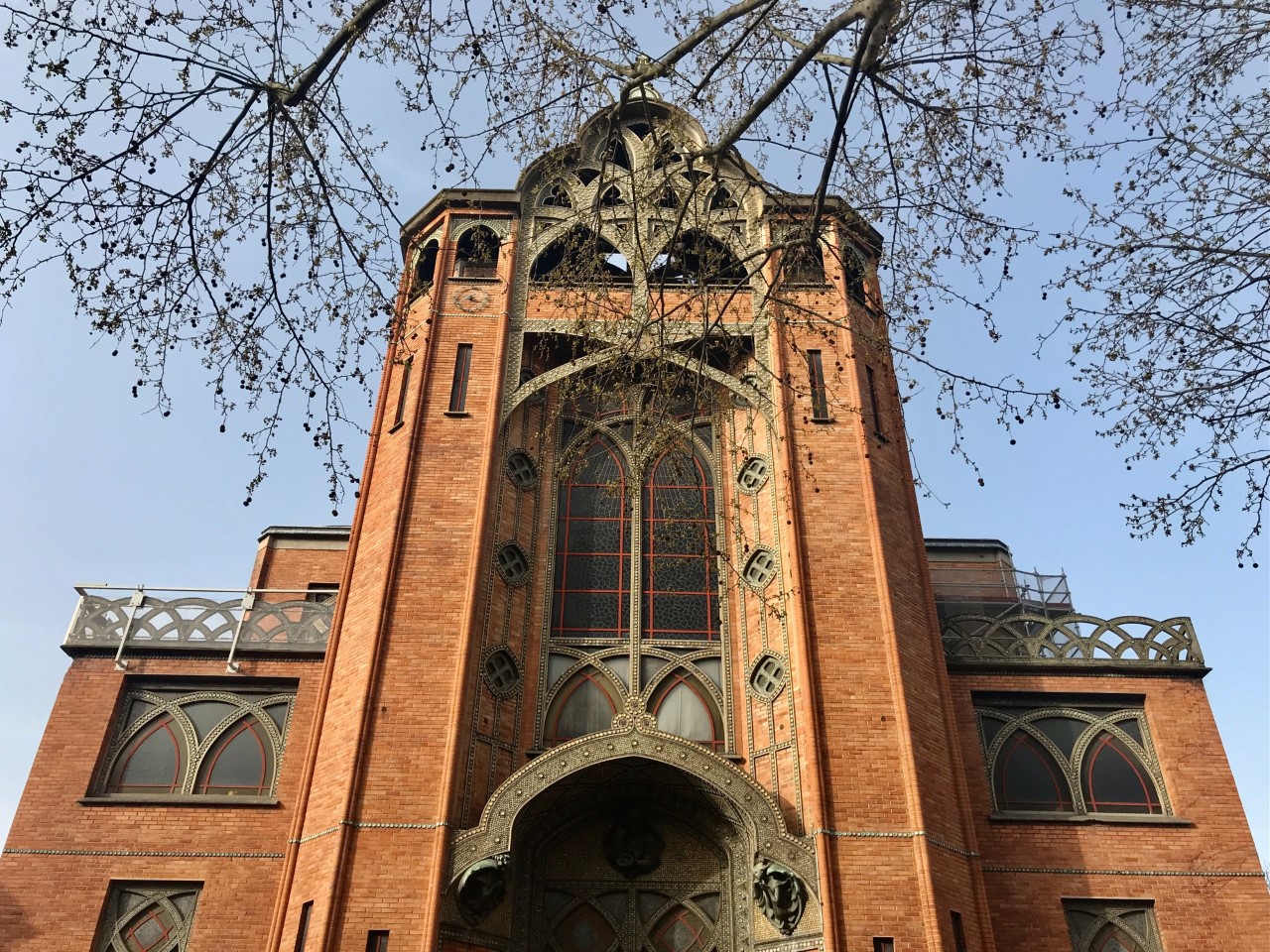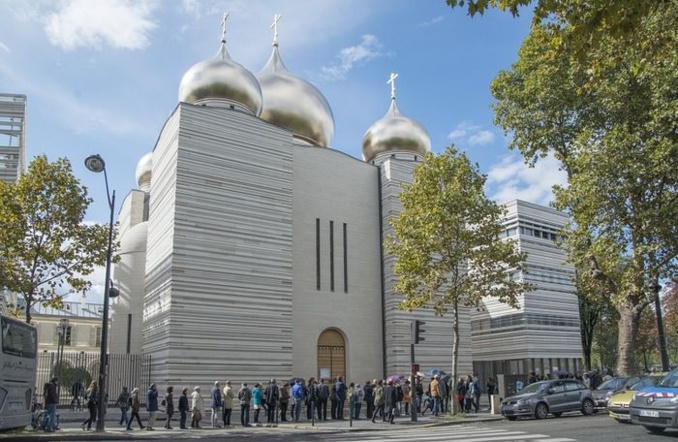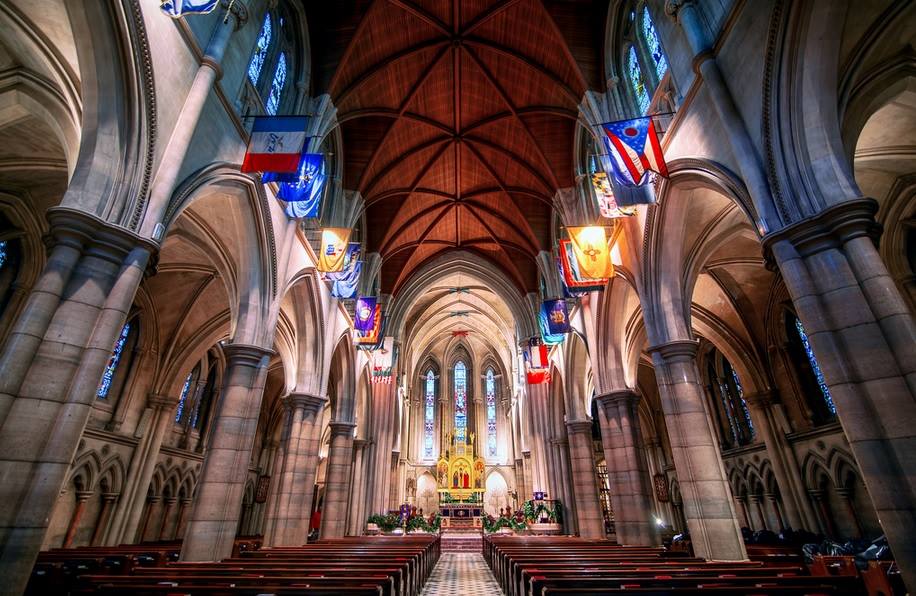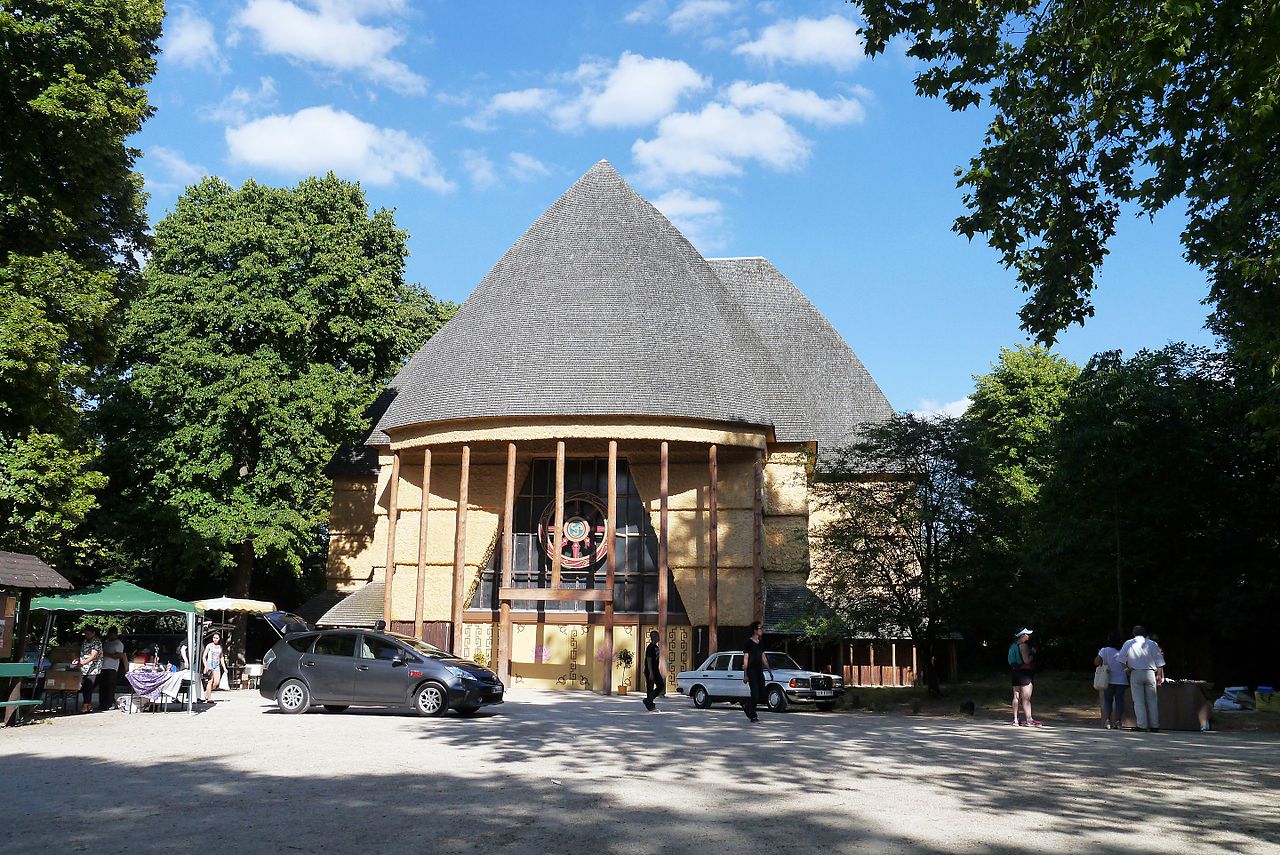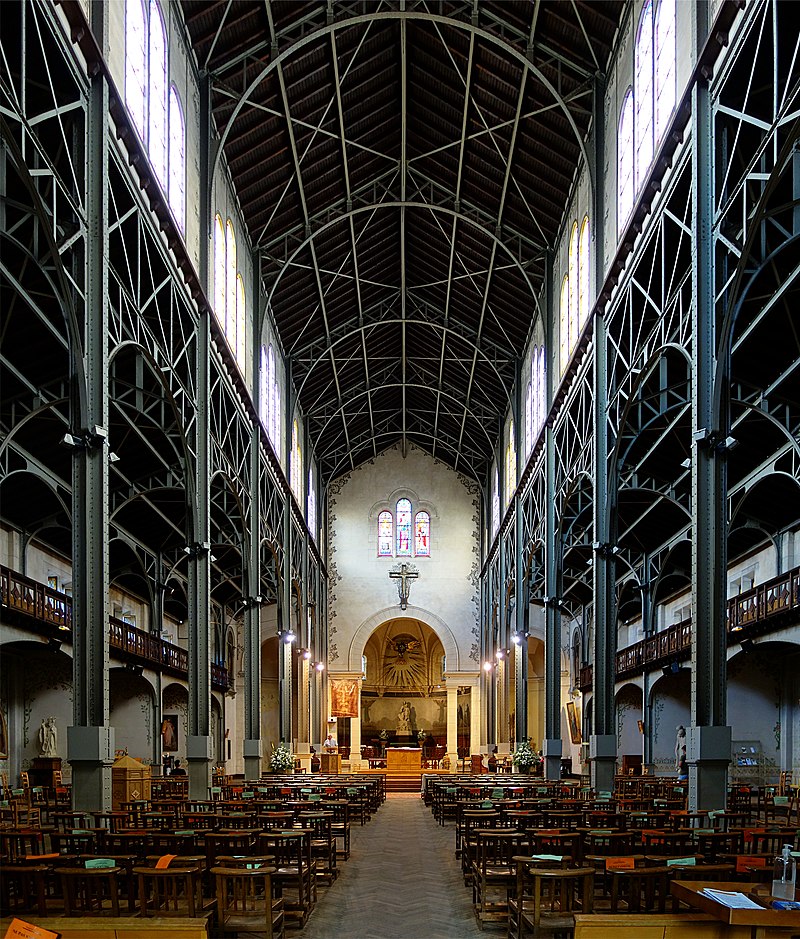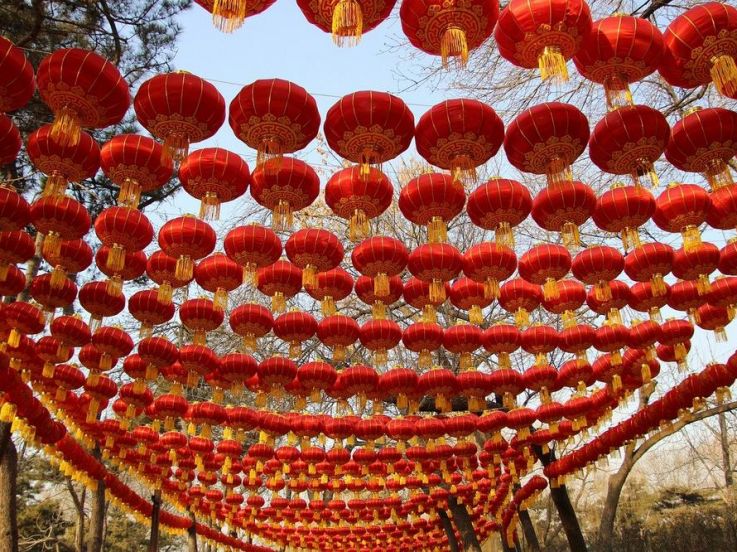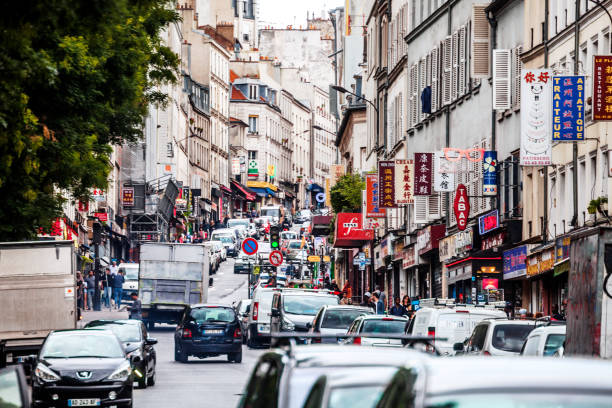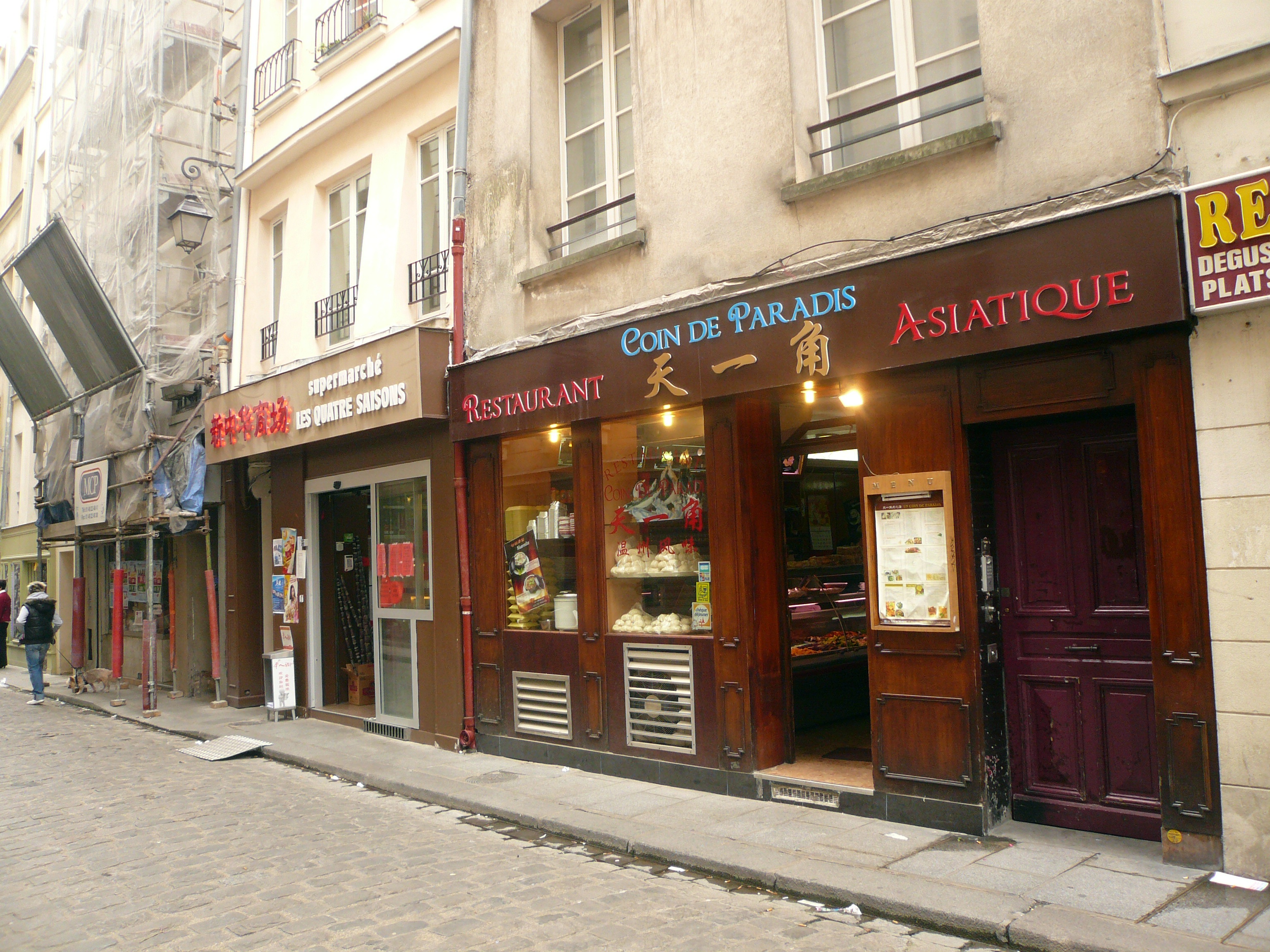While there are many great libraries to work or study in in Paris, it can be nice to have a change of scenery, and get a caffeine boost, by setting up camp at a café. Paris is famous for its cafés, but not all are conducive to hitting the books or switching on a computer. This collection of cafés around Paris offer the perfect setting for working all the while enjoying the city’s café culture.
General Tips:
One of the best features of almost all Parisian cafés is that you can usually stay for hours with only making one purchase. Celebrity chef Anthony Bourdain liked to explain this custom as paying the cheapest rent in town! If you do park yourself at a café for over two hours, though, it would be considered polite to make a second purchase.
Many of the cafés on this list are modern coffee shops; they more easily accommodate nomadic work practices and ancillary electronic devices. Whether it is appropriate to work at your computer in a “traditional” French café largely depends on the café. Traditional-style cafés are not laptop-averse; however, you should plan to either have lunch there or leave while lunch is being served. Popular week-end brunch spots do not permit the use of laptops.
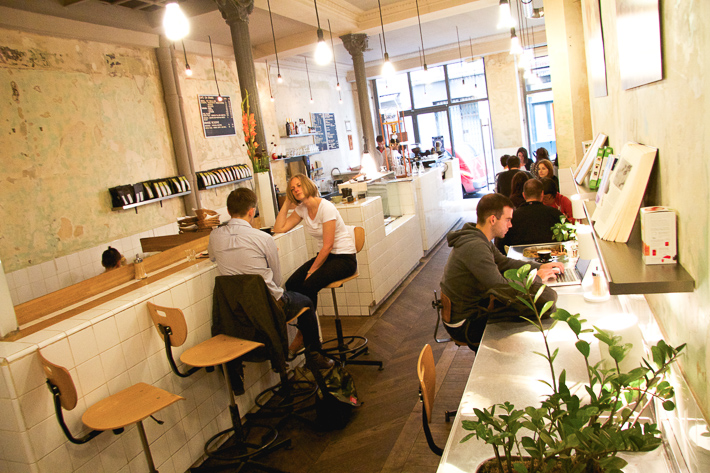
Coutume Café in the 7th Arrondissement in Paris, France.
One of the first modern coffee shops in Paris, this coffee roaster now supplies many cafés around the city. Their original location, found near Le Bon Marché department store in the 7th, is around a 20-minute walk from the school, while they also have a new, small branch with a few tables in the Monoprix Concept Store at Montparnasse.
Address: 47 rue de Babylone 75007 Paris, 31 Rue du Départ, 75014 Paris and other addresses around Paris.
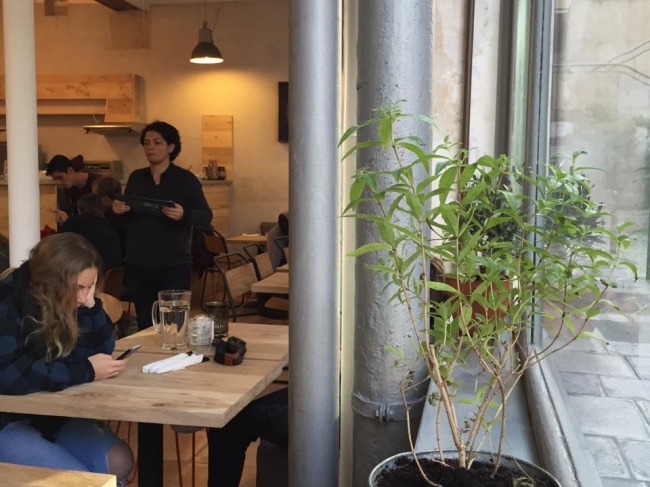
Tucked away in the Latin Quarter, just south of the Bibliothèque Sainte-Geneviève and the Pantheon, this modern coffee shop features minimalist decor. They serve great fair trade coffee, cakes and breakfast items.
Address: 24 Rue Monge 75005 Paris

This excellent café and coffee roaster in the South Pigalle neighborhood attracts both serious coffee lovers and remote workers. It has a large shared table and a wide range of beverages and snacks as well as outdoor seating with afternoon sun.
Address: 53 avenue Trudaine, 75009 Paris
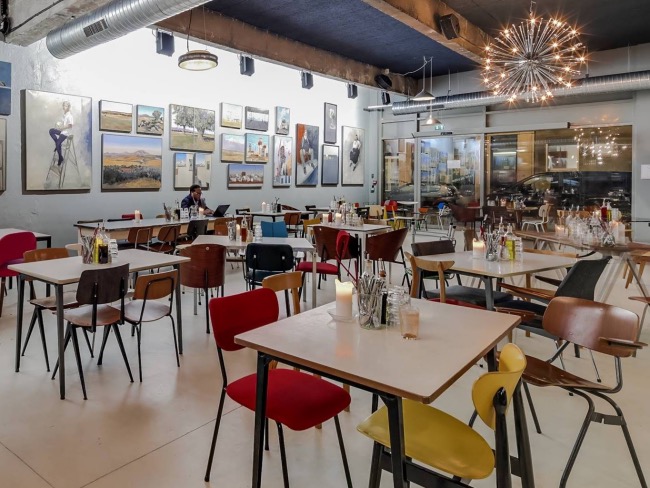
Large, friendly and laid back, this café in the 11th is popular with the young hip crowd of east end Paris. It has free wifi as well as handy plug sockets on the floor or on warmer days you can opt to work on its sunny terrace. At the end of a long afternoon of work, you can linger to enjoy apéro with the locals.
Address: 17 Rue Breguet, 75011 Paris
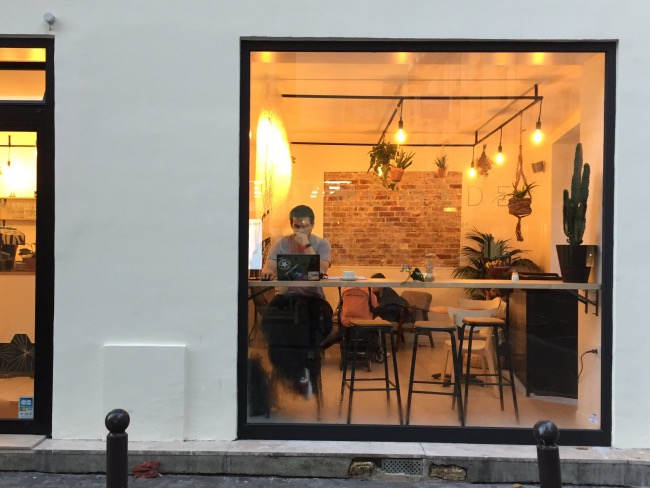
Found on a trendy foodie street in the 11th, this café serves up great coffee, pastries and juices. You can choose from bar stool seating, tables or more relaxed sofas and armchairs.
Address: 8 rue Paul Bert, 75011 Paris
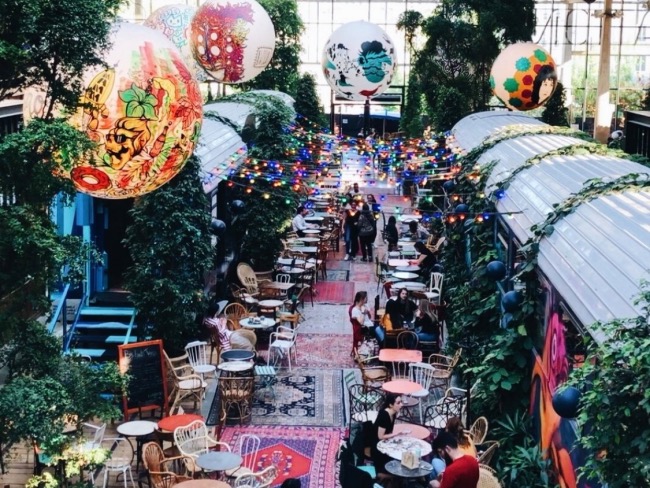
If you’re over at the Bibliothèque nationale, you can have a change of scenery and rub shoulders with Paris young start-up professionals at this huge Italian food market attached to the Station F coworking venue. There is a coffee shop area serving excellent quality Italian caffè, quieter seating areas, and a vast terrace for warmer days. When you have finished your work, you can treat yourself to a spritz.
Address: 8 Rue Eugène Freyssinet, 75013 Paris
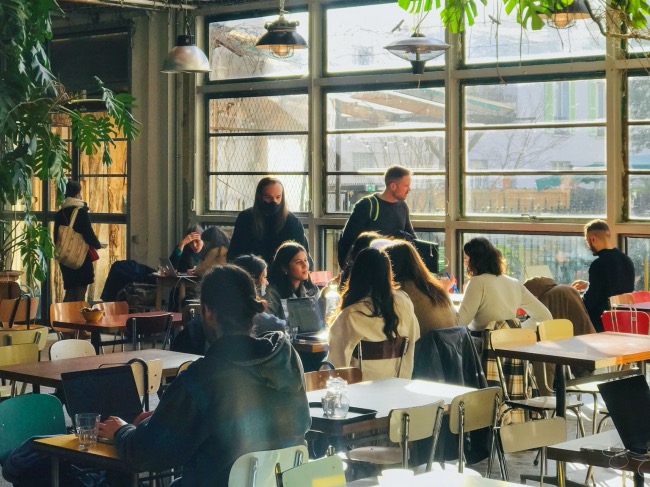
Chill and eco-friendly vibes permeate throughout this venue located in a former station of the defunct Petite Ceinture railroad which used to circle the edge of Paris. There are plenty of places to sit indoors, including some sofas and, weather permitting, there’s also seating down by the disused train tracks, although the WIFI might not reach that far! Learn more about la Petite Ceinture in this article from our blog.
Address: 83 boulevard Ornano, 75018 Paris
Worth mentioning:
Le Café Sans Nom (not an official “working café”, but a welcoming neighbourhood staple with wifi and East Paris vibes and prices)
Le Cannibale Café (a busy east Paris café that is not computer-averse)
Les p’tites indécises (affordable East Paris fare in a student-friendly setting)
Anticafé (a chain of co-working spaces dotted around the city)
Passager Café (great food and coffee and space for a laptop in the 11th arrondissement, but usually over-subscribed)
Judy Located a few streets over from our Paris School, this health-focussed, gluten-free café is not the cheapest address in town, but it has a welcoming and serene ambiance that is ideal for concentrating. Sip on a coffee, herbal tea, or detox juice while you work on papers or your dissertation.
Photos: Courtesy of Facebook pages.
